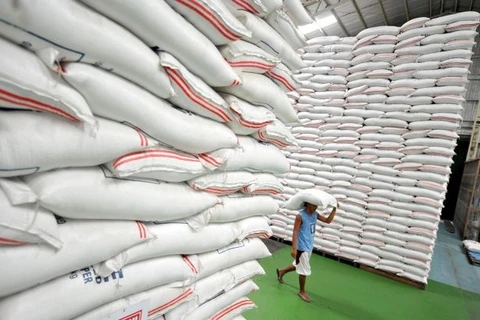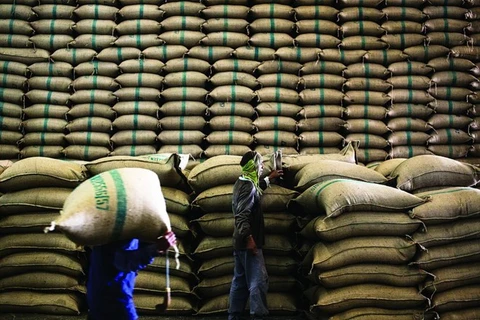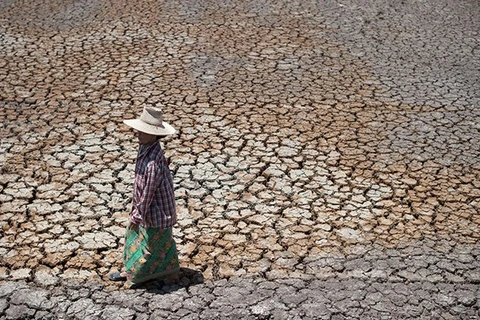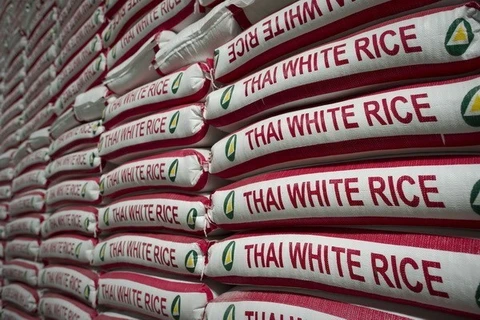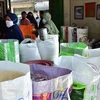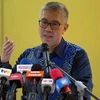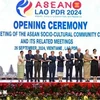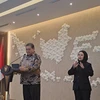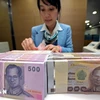Bangkok (VNA) – Thailand exported 3.4 million tonnes of rice in January-April, representing a year-on-year rise of 6.4 percent, the Department of Foreign Trade said on April 24.
Director-General of the department Duangporn Rodphaya said rice export value stood at 51 billion THB (1.48 billion USD) in value as of mid-April 2017.
She was confident that rice exports will hit the target of 10 million tonnes by the end of this year.
Additionally, the Thai government aims to sell 17.7 million tonnes of rice from its stockpiles as quickly as possible to rake in 150 billion THB (4.36 billion USD).
In early March, the government approved the sale of one million tonnes out of the 2.87 million tonnes of rice offered at the first auction held in February.
Director-General of the department Duangporn Rodphaya said rice export value stood at 51 billion THB (1.48 billion USD) in value as of mid-April 2017.
She was confident that rice exports will hit the target of 10 million tonnes by the end of this year.
Additionally, the Thai government aims to sell 17.7 million tonnes of rice from its stockpiles as quickly as possible to rake in 150 billion THB (4.36 billion USD).
In early March, the government approved the sale of one million tonnes out of the 2.87 million tonnes of rice offered at the first auction held in February.
The government and the national rice policy and management commission decided to turn down low bids.
They plan to consider better prices for the remaining stock.-VNA
VNA

